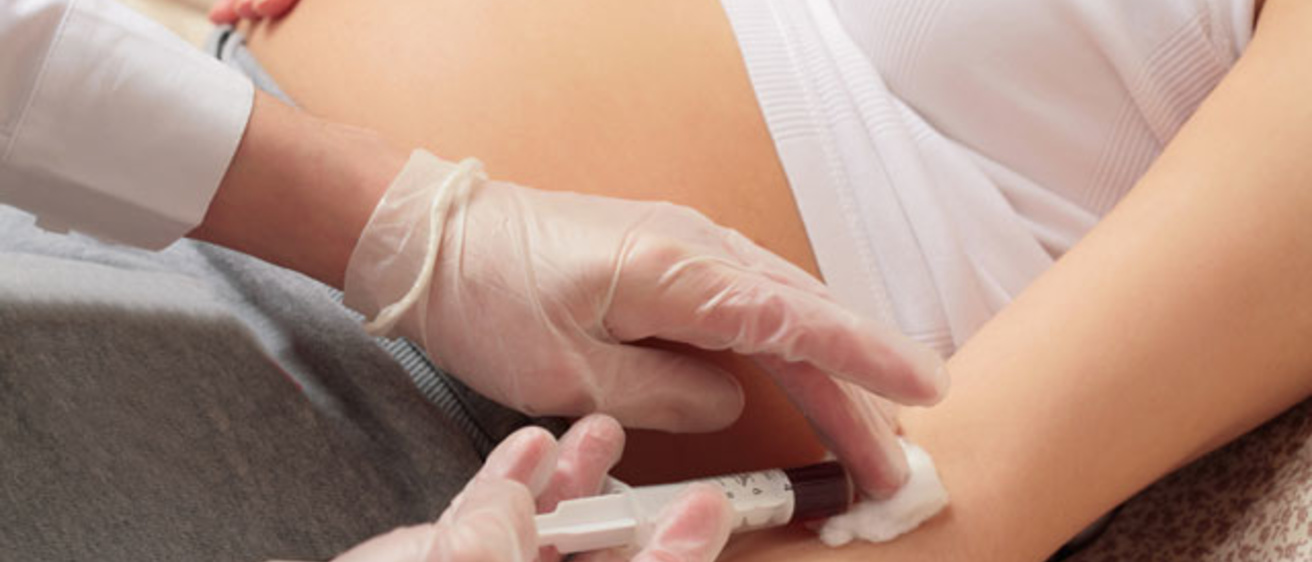
Campus Voices is a place for faculty, staff and students to share ideas, views and information about issues that matter to them personally and professionally. The opinions expressed here do not necessarily represent those of the University of Iowa. View more Campus Voices here.
Every baby born here in Iowa benefits from a simple test in the first days of life that screens for a number of inherited diseases, which could otherwise go undetected for months or years. With early diagnosis and medical treatment, complications from these serious, but uncommon, conditions can usually be prevented. The goal is to identify the disorder before the problem has time to cause damaging health effects.
Our newborn screening program is so well regarded, other states send teams here to learn how our State Hygienic Laboratory and Department of Public Health work with hospitals and practitioners not only to test the babies, but to follow up with resources and care when the results indicate a potential problem.
I’ve been concerned in recent months that fewer and fewer families might be electing to avail themselves of that same level of care and preparedness before the baby is born. A number of screening tests are available to pregnant women, but over the last decade the State Hygienic Lab has actually seen a decline in these pre-natal screenings.
Fortunately, we have both the clinical and the research expertise to help us find out why this is happening and ensure, if necessary, that all women in Iowa receive the most complete information about the health options available to them and to their babies.
Over the next year, in my role as Environmental and Public Health Ambassador for the State Hygienic Lab, I’ll reach out to both patients and practitioners around the state to learn more about their knowledge and impressions of pre-natal screenings.
We know that these screenings are more controversial than newborn screenings, but in reality, both are in place to ensure the healthiest possible outcome for babies born in Iowa.
A test that reveals a congenital defect or rare syndrome might help parents decide to deliver the baby at a larger hospital, where the staff is better equipped to care for the child. Some families have even undertaken in-utero surgery to give their babies a head start in overcoming a defect revealed in pre-natal testing.
It is important for Iowans to know how to reap the benefits of the partnership among the Hygienic Lab, University of Iowa Hospitals and Clinics and the State Department of Public Health. We want them to know that we are here to help and support them every step of the way from testing to diagnosis to treatment.
Through surveys and site visits, we will engage both patients and practitioners in a dialogue about pre-natal screening because what they want and what they have to say about it matters. This is a program that is supposed to benefit them. This is an opportunity for research and clinical enterprise to work together to create health care programs to benefit Iowans.
This year we are celebrating the 50th anniversary of newborn screening and the thousands of children whose health is a direct result of these important tests. It’s also an exciting time to think what the next 50 years will bring in terms of the knowledge and practice that give babies a healthy start in life.
A clinical nurse specialist in genetics and assistant professor in the College of Nursing, Sandra Daack-Hirsch, is the 2013 Environmental and Public Health Ambassador for the State Hygienic Laboratory.
